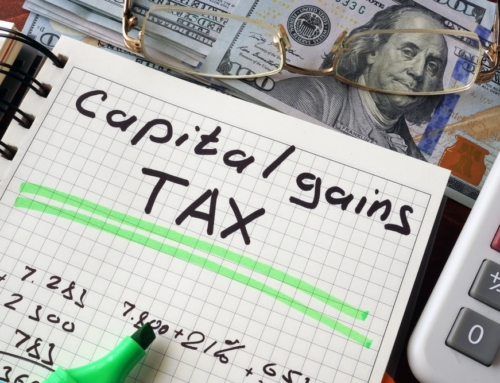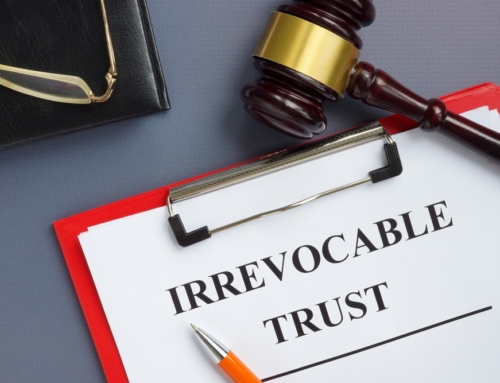Most investors have their eye on the wrong ball. They try to time the market, pick stocks, and pick “hot” fund managers. There is no data indicating anyone can engage in these activities successfully over an extended period of time. Much-touted winning streaks of the investment guru du jour are a consequence of luck and not skill.
A far more productive use of your time would be to understand how you can minimize the taxes you pay on the returns earned from your investments.
I gathered some of these tax tips from Allan Roth’s excellent book, How a Second Grader Beats Wall Street:
1. Pay a lower tax rate on gains. This seems like a no-brainer. Higher federal ordinary income tax rates range from 10 percent to 35 percent, depending on the amount of taxable income. The highest federal capital gains rate is currently 15 percent, but it is scheduled to increase to 20 percent on January 1, 2011. To qualify for capital gains tax treatment, you must hold your investment for a minimum of 366 days.
It gets better for investors in the 10 percent and 15 percent ordinary income tax brackets. They pay no capital gains on investments that qualify.
Most stock dividends are also taxed at the lower capital gains rate.
When deciding between selling an investment prior to holding it for a year and a day or hanging on to it, you need to be aware of this difference in the taxes you will incur.
2. Buy index funds. Many investors do not understand that mutual funds generate reportable tax income to shareholders even if they do not sell their shares. Taxes are generated by portfolio turnover. Turnover generates capital gains, dividends, and interest, all of which result in taxes (both ordinary income and capital gains) that fund investors must pay.
Actively managed funds (where the fund manager attempts to beat a designated benchmark) have significantly higher turnover rates than those of index funds, generating more taxable income. Vanguard founder John Bogle did a study of the amount that investors got to keep, net of taxes and other costs, over a sixteen-year period. Investors in actively managed funds retained only 47 percent of their cumulative returns. Investors in index funds kept 87 percent of their returns.
When you compare the after-tax returns of index and actively managed funds, index funds outperform more than 90 percent of actively managed funds over the long term.
The lesson is simple: Buy index funds.
3. Consider tax-deferred investments. Traditional IRAs and 401(k) plans give you the opportunity to defer taxes. This is the equivalent of a loan at zero percent interest. These investments also have meaningful immediate tax benefits by reducing your taxable income.
There are some risks. It’s possible you could be in a higher tax bracket when you withdraw funds from these accounts. In addition, most 401(k) plans have high costs and poor investment choices. Nevertheless, the combination of a reduced tax bite, deferred taxes, and a possible employer match on your plan makes them worthy of serious consideration.
4. Harvest your losses. “Tax loss harvesting” permits you to sell funds in your taxable accounts that have losses, simultaneously purchase a different fund with the same benchmark, and repurchase the original funds thirty-one days or more from the sale of the original funds.
“Harvesting” these losses has significant tax advantages. You can apply $3,000 of your net capital losses to offset your income. The balance of your capital losses can be carried over and offset against short- or long-term capital losses (depending on the type of capital loss you incurred) in the future, until it is used up.
Tax loss harvesting is not uncomplicated. You will need a competent financial adviser and tax professional to help you do it correctly.
With a basic knowledge of the impact of taxes, you can significantly increase your retirement nest egg.
 Dan Solin is a Senior Vice-President of Index Funds Advisors. He is the author of the New York Times best sellers The Smartest Investment Book You’ll Ever Read and The Smartest 401(k) Book You’ll Ever Read. His latest book is The Smartest Retirement Book You’ll Ever Read.
Dan Solin is a Senior Vice-President of Index Funds Advisors. He is the author of the New York Times best sellers The Smartest Investment Book You’ll Ever Read and The Smartest 401(k) Book You’ll Ever Read. His latest book is The Smartest Retirement Book You’ll Ever Read.






